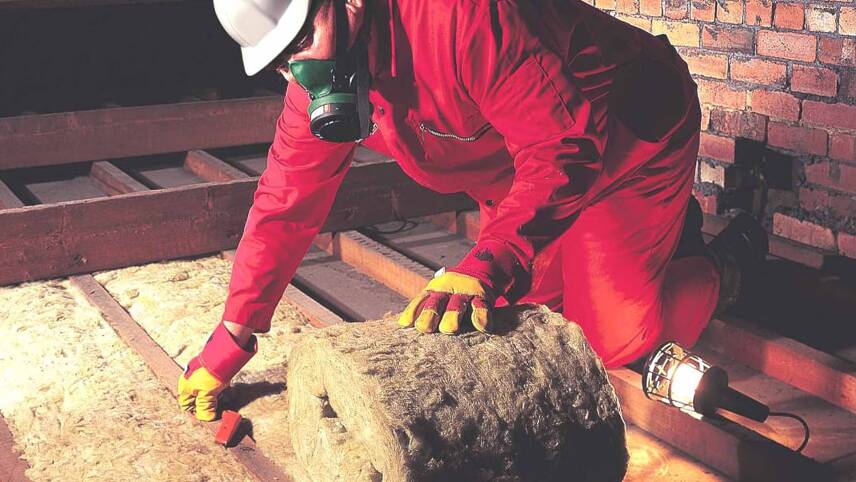Member only content free until 26/05/2024
To continue reading this article and enjoying free access to all Utility Week’s content up to the 26/05/2024 Register today!
Ready to become a member?

A quarter of England’s local authorities have admitted that they are not enforcing energy efficiency requirements on private landlords.
A survey of officers from 60 local authorities suggests 39% are proactively enforcing Minimum Energy Efficiency Standards (MEES) that require private rental properties to have an EPC rating of E or above.
But 25% of officers surveyed by the Association of Decentralised Energy’s (ADE) ACE Research unit said they work for councils that are not enforcing the standards at all, leaving tenants with no way of ensuring that their home meets the required standard.
Those failing to administer the efficiency requirements blamed a lack of resources and called for more funding and better training.
Steph Hacker, senior researcher at ACE Research said: “Our findings indicate that local authorities face significant challenges in effectively enforcing MEES regulations and promoting energy efficiency. The lack of resources and low penalties have already badly hindered progress in some areas.
“It is crucial for the government to provide greater support and collaboration to address these barriers and drive meaningful change for renters – energy efficiency is a vital part of driving down bills, making sure that homes are warm and comfortable, and reducing emissions from our building stock to tackle climate change.”
As many as 1.2 million private renters live in fuel poverty in the UK, with an estimated 97,000 of them living in housing that falls below the current EPC E threshold. All 1.2 million live in houses that are below EPC C, which was the level the government had proposed raising the threshold to, before scrapping that plan last year.
The survey also suggests that one in five councils carry out only responsive enforcement, meaning they only inspect properties when they receive complaints about damp, mould or other conditions.
Matt Copeland, head of policy at National Energy Action, added: “Private renters have struggled most through the energy crisis, spending £2 billion more a year as a whole. Progress needs to be made, both to enforce existing standards, but also to tighten them so that renters can live in warmer, cheaper-to-heat homes.
“The UK Government has rowed back on its commitments in this area, but action must be taken to ensure that private landlords upgrade their properties. If they don’t, we fear that renters could remain exposed to the cold at home for years to come.”
The chair of the Committee on Fuel Poverty Caroline Flint recently urged central government to come down harder on private landlords whose properties don’t meet MEES requirements.
In a letter sent to energy secretary Claire Coutinho in November, Flint warns that “time is running out” to meet the government’s 2025 fuel poverty milestone unless 704,000 poorly-insulated, private rented properties are prioritised for “urgent upgrading”.
In her response – published shortly before Christmas – Coutinho says the government is looking at “effective targeting and better use of data to identify those most in need of support”.




Please login or Register to leave a comment.